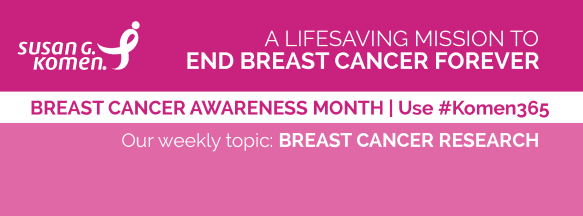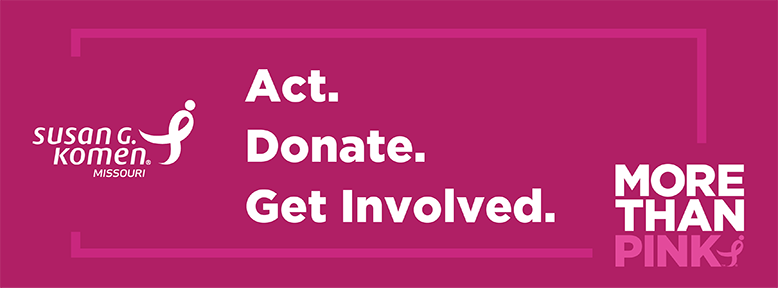 When it comes to cancer, clinical trials are one of the biggest reasons we’ve seen gains in breast cancer survival over the past 30 years. And improved survival hasn’t been the only benefit.
When it comes to cancer, clinical trials are one of the biggest reasons we’ve seen gains in breast cancer survival over the past 30 years. And improved survival hasn’t been the only benefit.
Quality of life for people living with cancer has also improved as trials have helped identify more targeted treatments that can help limit many of the side effects of cancer therapies.
Most of us have heard the term “clinical trials” but haven’t given it much thought. Like a lot of important things that fly under the radar, clinical trials have had a huge impact on society.
At their most basic, clinical trial studies done in people test the safety and effectiveness of ways to prevent, detect or treat disease. Participants may benefit from clinical trials themselves, or their participation may benefit others in the future. They are the first to receive new treatments under investigation and, in cancer clinical trials, are guaranteed to receive the best standard care possible. And, clinical trials offer a way for women with breast cancer to play an active role in their own health care and help others by adding to medical research.
For clinical trials of new cancer treatments, there are four main types of trials, though there can be some overlap between types depending on the study.
Phase 1 (phase I): Trials that test to see if a new treatment is safe to use over a range of doses.
Phase 2 (phase II): Trials that test to see how well a new treatment works on a certain type of cancer.
Phase 3 (phase III): Trials that test to see how well a new treatment (including surgical procedures) works compared to the best standard treatment (standard of care).
Phase 4 (phase IV): Trials study the long-term side effects of treatments or answer new questions about treatment. They are done after a new breast cancer treatment is approved by the U.S. Food and Drug Administration.
There are many sources you can use for finding clinical trials. Each is a little different and some allow searching for trials based on factors like age, gender, breast cancer history, treatment history and geographic area as well as study-type preferences. For example, BreastCancerTrials.org in collaboration with Susan G. Komen®, offers a custom matching service that can help you find a clinical trial that fits your health needs. Though these sites can be helpful search tools, the best approach is to ask your health care provider or local medical center for help finding an appropriate clinical trial.
Learn more: http://ww5.komen.org/BreastCancer/ClinicalTrials.html
and
http://ww5.komen.org/WhatWeDo/WeFundResearch/ClinicalTrialsWeAreFunding/ClinicalTrialsWeAreFunding.html
We are celebrating National Breast Cancer Awareness Month. Connect with and follow Komen St. Louis and use #Komen365 to join in the conversation.
 Since 2007, Susan G. Komen® has invested more than $7.5 million to support the Susan G. Komen® Tissue Bank at the Indiana University Simon Cancer Center – the only healthy breast tissue repository in the world. By studying normal tissue, the tissue bank accelerates research on the causes and prevention of breast cancer.
Since 2007, Susan G. Komen® has invested more than $7.5 million to support the Susan G. Komen® Tissue Bank at the Indiana University Simon Cancer Center – the only healthy breast tissue repository in the world. By studying normal tissue, the tissue bank accelerates research on the causes and prevention of breast cancer.